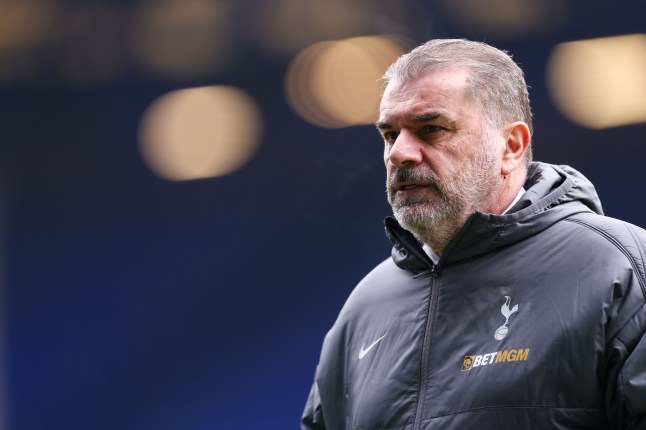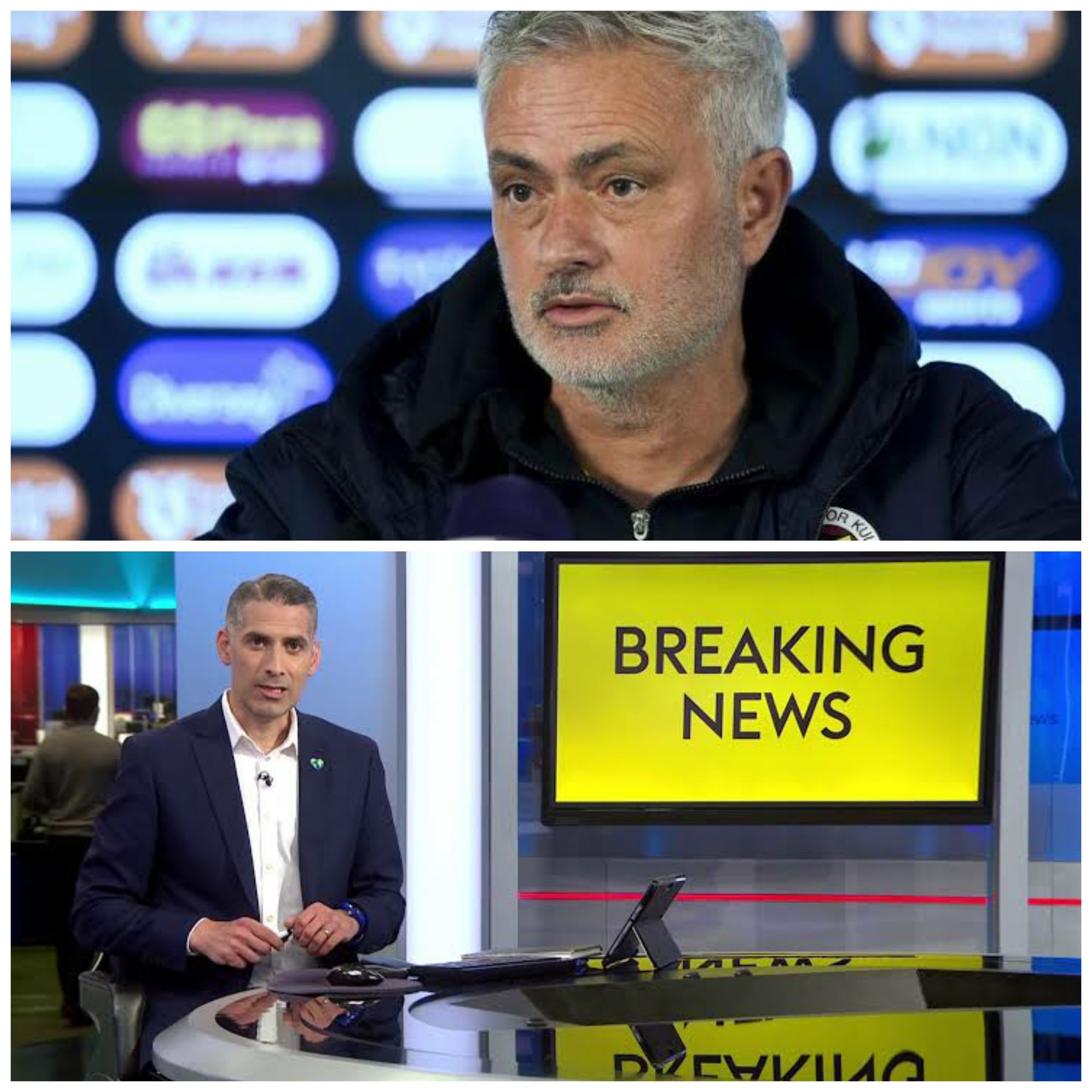Tottenham says the reasons why Ange Postecoglou shouldn’t be sack…
Last year, England’s women’s cricket team left me deeply frustrated, particularly due to their chaotic response to captain Heather Knight’s injury during their pivotal T20 World Cup match against the West Indies. That defeat led to their elimination from the tournament—a bitter pill to swallow, especially since Australia, perennial giants in women’s cricket with six World Cup titles in the last seven tournaments, were shockingly knocked out in the semi-finals. With England having dominated eventual champions New Zealand twice earlier that year, it seemed like a golden opportunity to reclaim glory, but it was squandered.
Much of the blame for this missed opportunity was attributed to a lack of leadership within the team beyond Knight herself. Heather Knight, who has captained the side for over eight years, remains one of the sport’s greats. Her achievements include leading England to a historic World Cup victory at Lord’s in 2017, being named a Wisden Cricketer of the Year in 2018, and playing a vital role in England’s last Ashes triumph over a decade ago. Yet, despite her illustrious career, the cracks in the team’s collective performance have become increasingly apparent.
Australia officially retained the Ashes this week in record time, winning all eight points from the series’ opening stages. For Knight, the stakes are high not just for her team but for the growth of women’s cricket in England. Last year, she acknowledged the importance of success, saying, “Our biggest chance to inspire is winning big competitions and performing in big events.”
Under head coach Jon Lewis, who took over three years ago, England adopted a more aggressive and free-flowing style, inspired by the approach of the men’s team. However, when it matters most—under the global spotlight—the team has repeatedly faltered. Despite Knight’s reluctance to harshly critique her players, the reality is unavoidable: England has underperformed across the board. Their fielding has been sloppy, the batters inconsistent, and the bowlers have struggled to deliver with any regularity. Knight’s assertion that the team has been “there or thereabouts” in this Ashes series feels overly optimistic.
While the Ashes are already out of reach, the three remaining games hold immense significance. These matches are not just about salvaging pride but also about demonstrating the team’s commitment to their captain and their aggressive philosophy. A strong finish could reignite belief, but if England suffers a humiliating whitewash, it would be hard to argue against the need for significant changes.
Switching sports, Tottenham Hotspur’s recent defeat to Everton delivered a similar shock. As a fan, I’ve developed the habit of bracing for disappointment, but this season feels different. I genuinely expect losses now, and that pessimism is hard to shake. The north London derby against Arsenal was a better showing than many might think, but Tottenham’s ongoing injury crisis has left the squad stretched thin, much like Bournemouth’s predicament. Did you catch Bournemouth over the weekend?
Tottenham’s defensive issues are glaring. Micky van de Ven, a prodigious talent, is virtually irreplaceable, and losing Cristian Romero, a World Cup-winning centre-back, would destabilize any team. Yet, it’s important to remember that some of Spurs’ worst performances this season, such as their losses to Crystal Palace and Ipswich, came when they had a nearly full-strength squad.
Unlike England’s women’s cricket team, where change might be necessary, I believe stability is vital for Tottenham right now. In moments of crisis, the instinctive reaction is often to make drastic changes, whether it’s sacking a manager or overhauling the squad. But a new manager “bounce” typically lasts only two games—hardly a long-term solution.
For me, the five years under Mauricio Pochettino remain the most cherished in Tottenham’s recent history. I still believe Ange Postecoglou has the potential to emulate that success. Tottenham’s young players have stepped up admirably under his guidance, proving that there is a foundation to build on. However, Postecoglou needs support, especially with the January transfer window still open.
The growing pressure on Tottenham to deliver in cup competitions is concerning. It risks overshadowing their long-term goals and could crush any momentum they might salvage this season. Consistency, not knee-jerk reactions, is what the club needs. A quick glance at the league table, where Nuno Espirito Santo’s Nottingham Forest sits third, is a stark reminder of how fleeting managerial success can be. Stability and vision are essential if Tottenham hopes to climb out of their current struggles.



